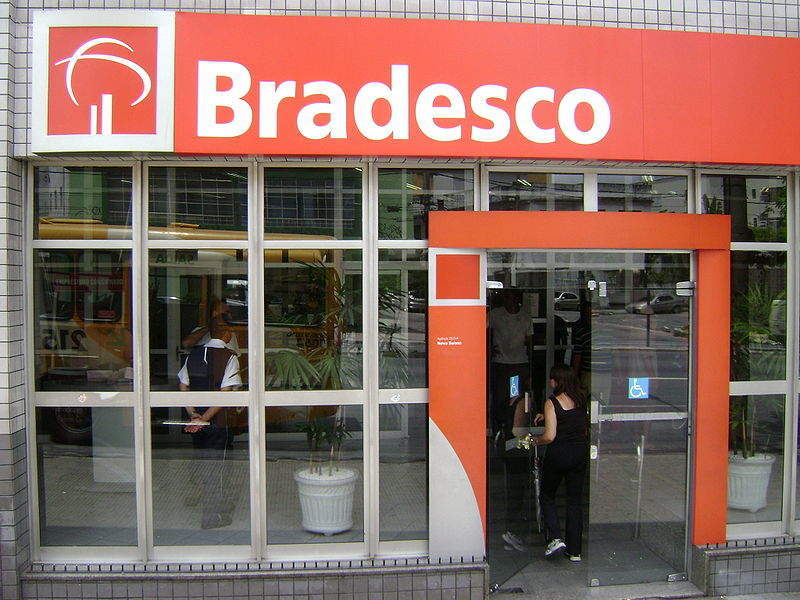
Banco Bradesco has agreed to acquire 65% of RCB Investimentos’ nonperforming loan servicing platform in Brazil for an undisclosed price.
Currently, PRA Group, a US-based debt collection company, holds the majority stake in the Brazilian nonperforming loan servicing platform.
The US firm bought the majority stake in RCB in August 2015, in a move to enter into the Brazilian distressed loan sale market.
RCB is a master servicing platform that is engaged in structuring, investing and operating receivable and credit-associated assets.
As per the agreement, the nonperforming loan servicing platform will be continued to be operated by the founders of RCB alongside Banco Bradesco.
The deal will exclude ownership of the existing nonperforming loan portfolios bought by the current shareholders of RCB till date.
PRA Group president and CEO Kevin Stevenson said: “RCB has a unique platform that is both innovative and efficient. When the partnership began in 2015, it allowed PRA Group to expand into a new market that has generated significant returns.
“PRA Group will continue to invest utilizing existing funds in Brazil and we believe this partnership will generate even more value for our investors, employees, customers and partners.”
Apart from the transaction, PRA Group and Banco Bradesco will form two new investment vehicles that will be majority owned by the former. The remaining stake will be owned by the Brazilian bank and RCB’s founders.
The vehicles will be the investment channels for buying nonperforming loans in Brazil, said PRA Group.
The two new investment vehicles, along with the existing nonperforming loan portfolios of PRA Group and RCB, will use the servicing platform of RCB for collections.
Banco Bradesco executive vice-president Ramos Fabri said: “Combining Bradesco’s local expertise with PRA Group’s data-driven underwriting and RCB’s operational excellence and technology will further accelerate growth, building an exceptional position for this partnership in Latin America’s largest economy.”
The acquisition is anticipated to be completed after receipt of approval from the Brazilian Banking Authority and Antitrust Authority.






